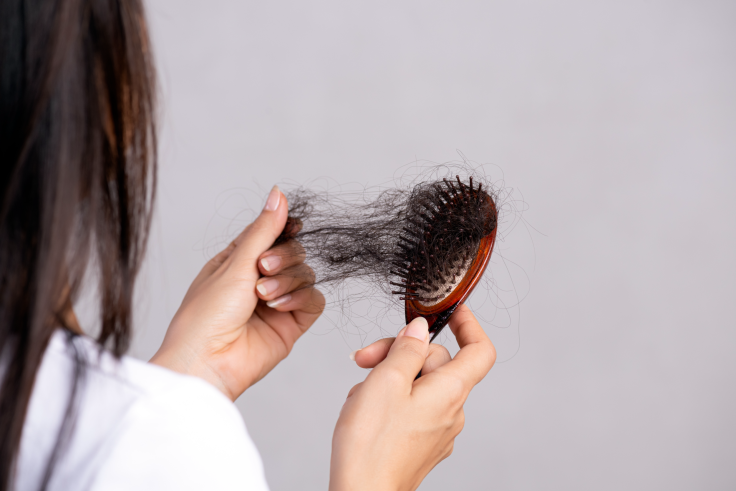Can COVID-19 Infection Cause Hair Loss?

Some COVID-19 patients have spoken up about the rather annoying side effect of the viral infection, saying they experienced hair loss or excessive hair shedding after contracting the disease.
Experts say hair loss is normal after a fever or illness. This is also applicable to COVID-19 infection, which can be emotionally, mentally and physically draining for patients.
According to the American Academy of Dermatology Association, hair fall and loss due to COVID-19 are normally noticeable after recovering from the viral disease. Patients have reported seeing their hair falling out in large clumps months after recovery.
"While many people think of this as hair loss, it's actually hair shedding. The medical name for this type of hair shedding is telogen effluvium. It happens when more hairs than normal enter the shedding (telogen) phase of the hair growth lifecycle at the same time. A fever or illness can force more hairs into the shedding phase," the organization explained.
Dermatologist Shilpi Khetarpal, M.D., echoed the same sentiment on how COVID-19 can affect hair. The expert told Cleveland Clinic that this hair shedding is a product of a stress event.
"At any given time, about 90% of our hair is growing, about 5% is resting and 5% is shedding. But when you have a major stress event, illness, or shock, up to 50% of hairs can be pushed into the shedding phase," Khetarpal said.
Experts assured that hair loss should not be a cause for concern since it's just temporary. But they also admitted that the condition could last six to nine months. After this, people will no longer experience drastic hair fall or shedding.
Kimberly Salkey, another dermatologist, told VERIFY that the hormonal, physiological and emotional changes that transpire during the bout with COVID-19 could be responsible for the temporary hair loss.
"From that point, it can take as much as a year for the hair to get back to where it was before the whole problem began, but it doesn't cause any permanent hair loss. It does not cause you to lose all your hair," Salkey added.
Cleveland Clinic said the best way to deal with the excessive hair shedding due to COVID-19 infection is by exercising, eating a well-balanced diet, staying hydrated and managing stress.
Published by Medicaldaily.com



























